Russia fully supports resumption of JCPOA in its original form: FM Lavrov
Russian Foreign Minister Sergei Lavrov says Moscow fully supports the idea of resuming the implementation of the landmark Iran nuclear agreement, which was abandoned by the US in 2018, in the form it was signed and later approved by the United Nations, without "any additions or exemptions."
"If the sides are intensifying contacts, they apparently want to come to resuming the deal. It may be resumed solely in the form it was approved by the UN Security Council in 2015," Russia’s top diplomat said on the sidelines of the G20 summit in Rome, Italy, on Sunday, while apparently referring to the flurry of diplomatic activities in recent days to restart negotiations among the remaining signatories to the deal.
He emphasized that Moscow throws its weight behind Tehran's approach, which insists on preventing any additions or exemptions to the deal, officially known as the Joint Comprehensive Plan of Action (JCPOA).
"Any additions and any exemptions are unacceptable for the Iranian side. And we fully support this approach," Lavrov pointed out.
Iran and six world powers, including the US, Britain, France, Germany, Russia, and China, inked the JCPOA in July 2015. The agreement removed international sanctions on Iran in exchange for certain limits on Iran’s nuclear activities.
The deal, however, was unilaterally abandoned by the US in 2018 despite Iran’s full compliance with its nuclear undertakings, as repeatedly certified by the International Atomic Energy Agency (IAEA). Afterwards, the administration of former US President Donald Trump unleashed a “maximum pressure” campaign against Iran, which practically deprived the country of all of the deal’s economic benefits.
Iran fully honored its nuclear obligations for an entire year, after which it decided to ramp up its nuclear work as a legal “remedial measure” against the US violation of the deal and the abject failure on the part of the other signatories, the E3 in particular, to safeguard its benefits.
Iran and the remaining parties to the JCPOA have held six rounds of talks in Austria’s capital, Vienna, since April, which began after the administration of US President Joe Biden voiced willingness to rejoin the agreement. The talks were, however, put on hold in the run-up to Iran’s presidential election in June so that the Islamic Republic could go through a period of government transition.
In a tweet following the talks with EU Deputy Foreign Policy Chief Enrique Mora in Brussels, Iranian Deputy Foreign Minister and top negotiator Ali Baqeri-Kani said Iran will rejoin the negotiations aimed at the removal of the United States’ sanctions against Tehran before the end of November.
However, the United States and its top European allies have continued to act in bad faith against Iran, endangering the prospects of diplomatic attempts to salvage the JCPOA, even after Tehran announced its readiness to resume negotiations in Vienna.
In a joint statement on Saturday, the leaders of the United States, Germany, France, and Britain said they shared a “grave and growing concern that, while Iran halted negotiations on a return to the JCPOA since June, it has accelerated the pace of provocative nuclear steps, such as the production of highly enriched uranium and enriched uranium metal.”
VIDEO | Former prince Andrew arrested by British police
VIDEO | Backlash mounts as Pakistan joins US-led Gaza ‘Board of Peace’
Saudi-Greece fiber optic project to pass through Syria instead of occupied territories: Report
Israel steps up bloodshed in Lebanon
US lawmakers move towards vote on limiting Trump’s Iran strike authority
VIDEO | Hebrew media talk ‘Board of Peace,’ ceasefire, anti-Iran rhetoric, tensions surrounding Lebanon
VIDEO | Rising tensions in West Asia
US: Police criticizes ‘excessive and disproportionate' force used by ICE on protesters


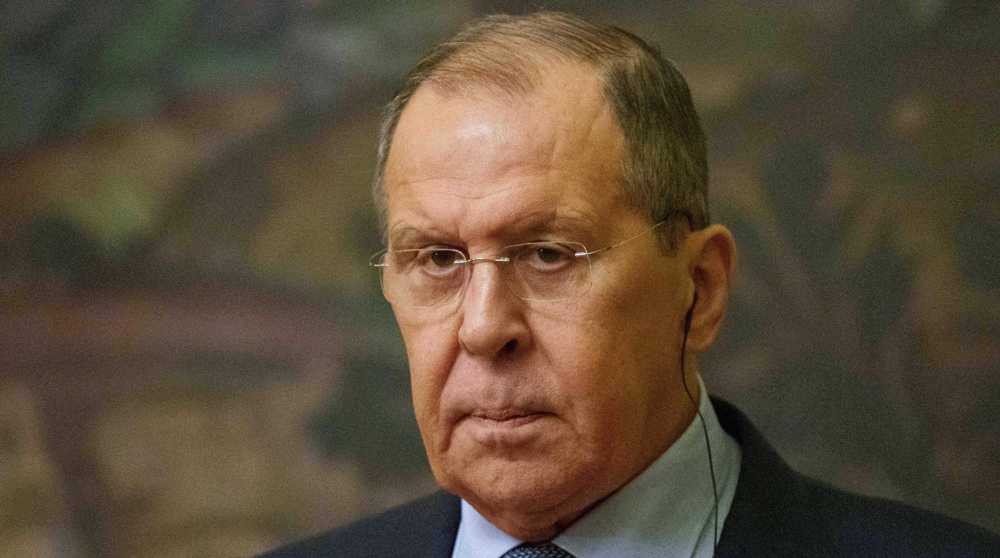
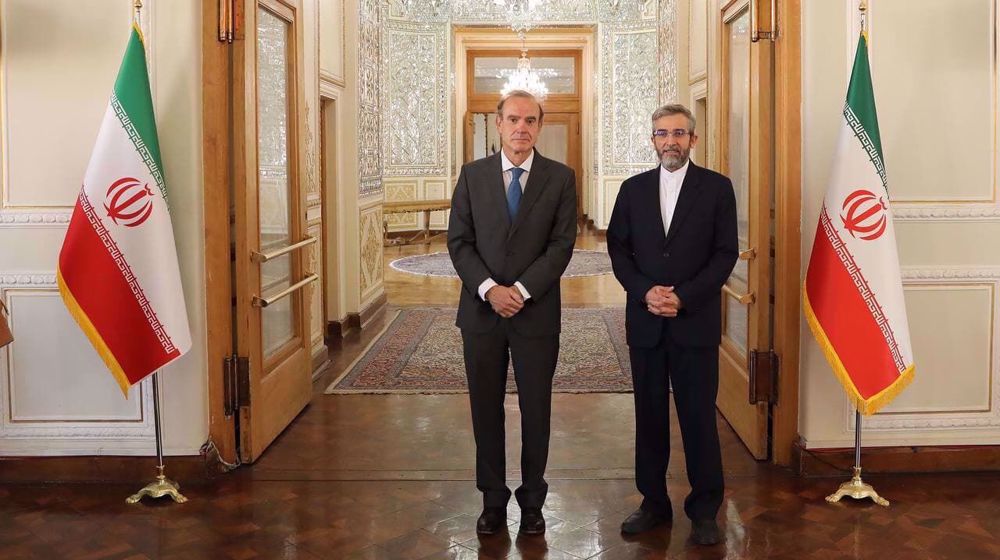
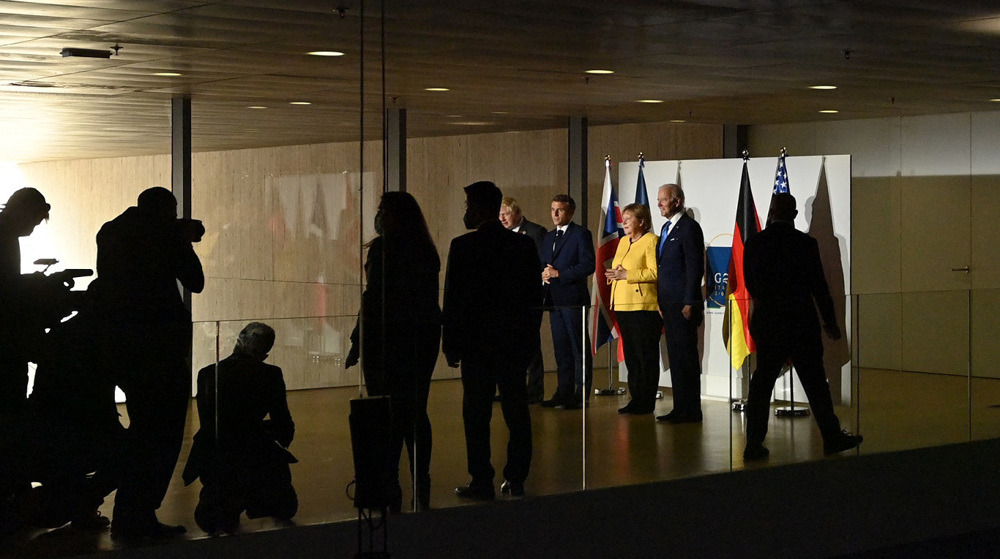
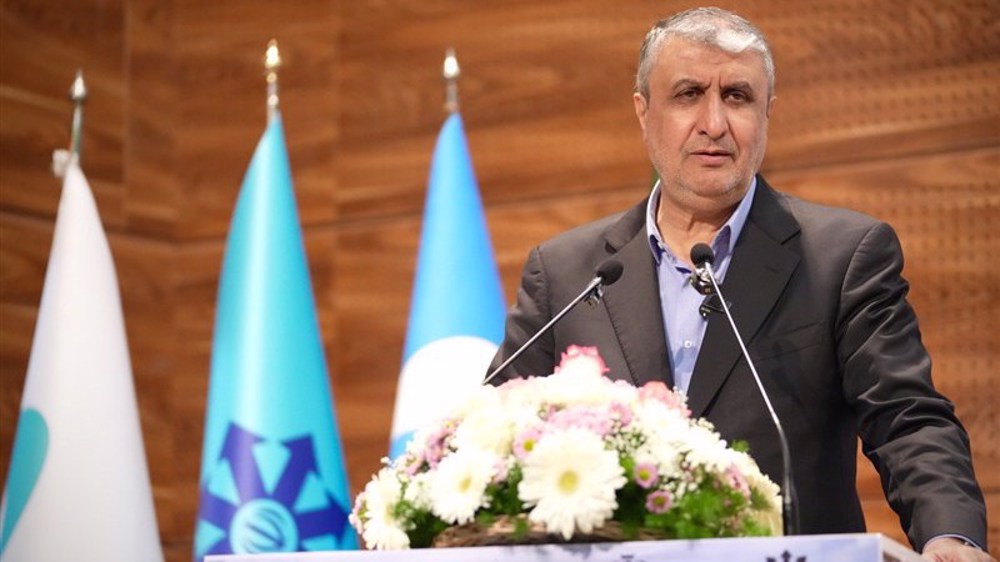
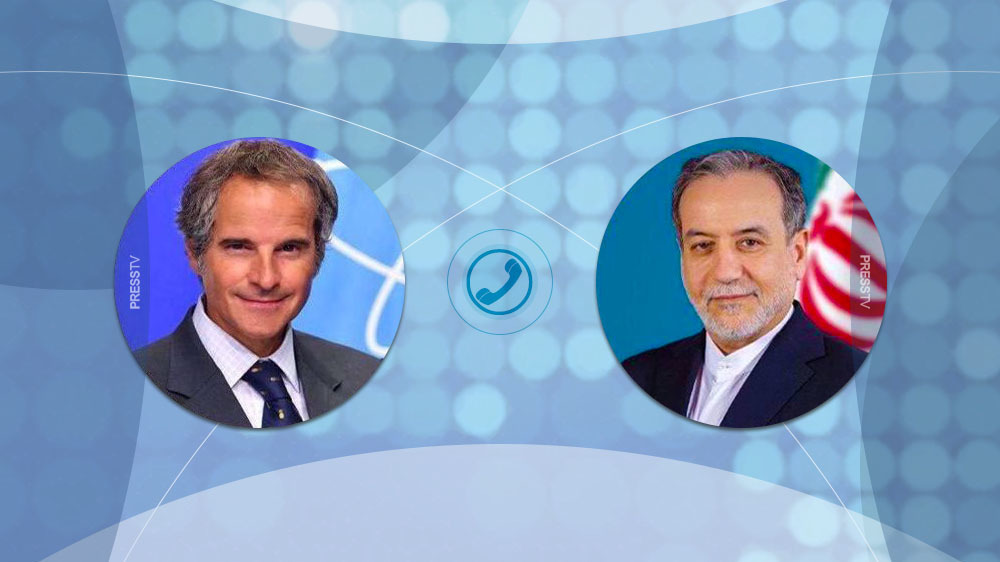
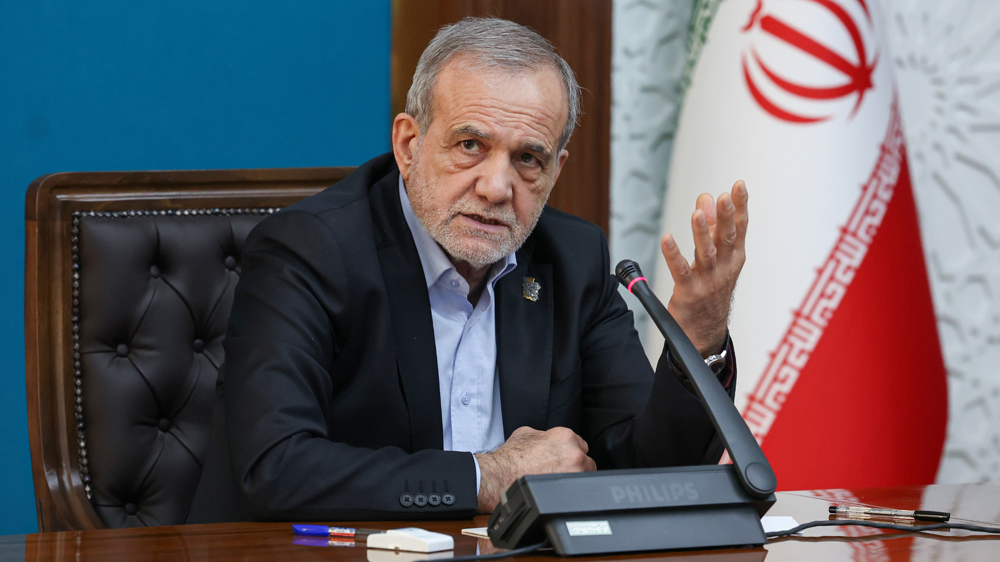




 This makes it easy to access the Press TV website
This makes it easy to access the Press TV website